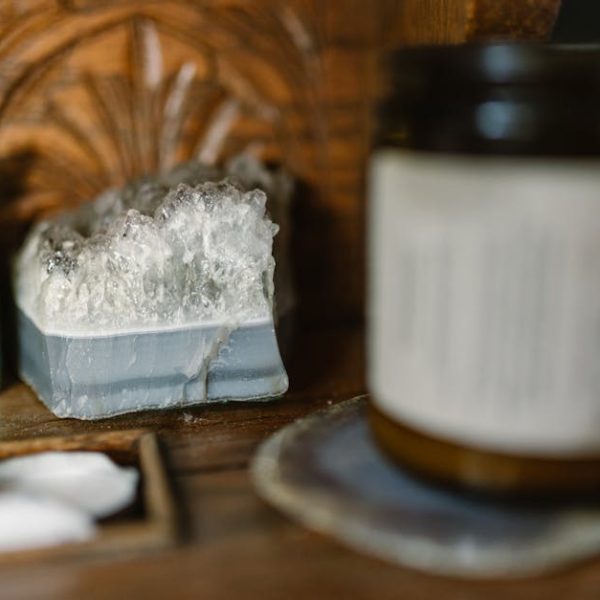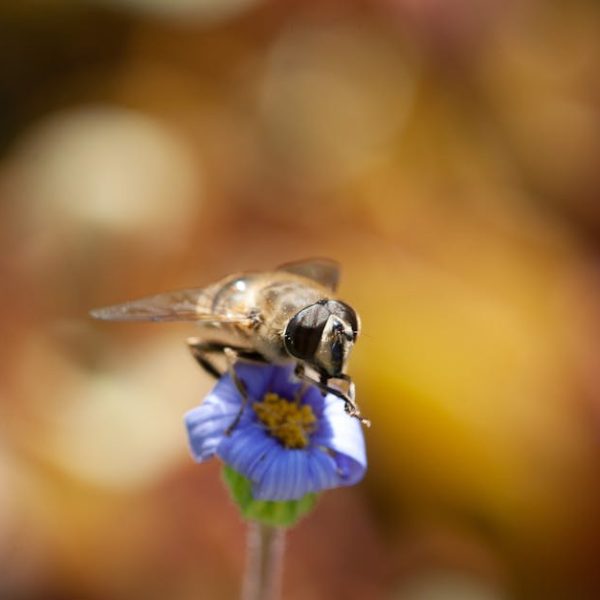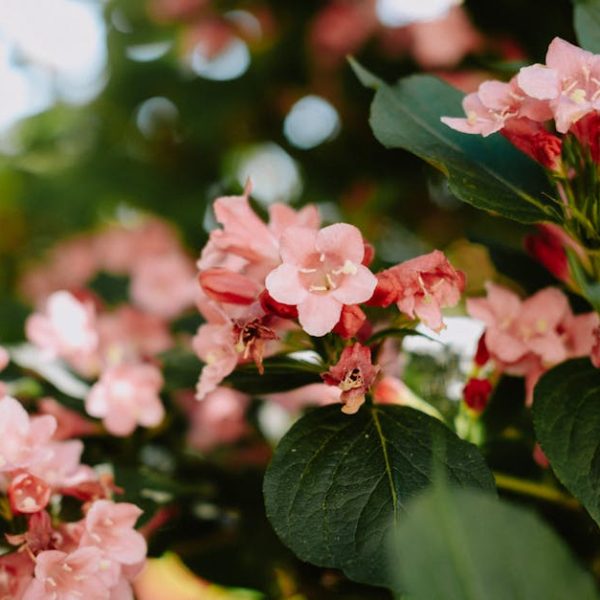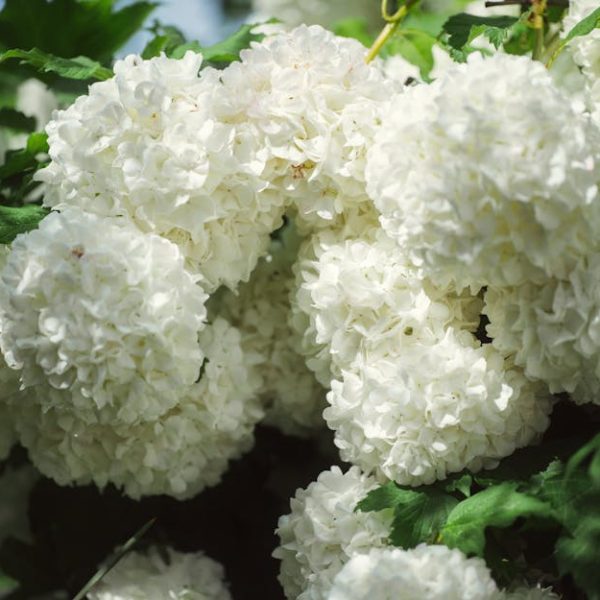Glorified in many a garden, the neat, crisp edges of a weed-free lawn represent the pinnacle of quintessential backyard bliss. However, this emerald expanse can fall victim to an underhanded invader — quack grass. This pesky weed interferes with the aesthetic harmony of lawns, but fear not, for there exist effective DIY quack grass killer recipes to restore peace to your verdant vista.
Let’s meander through five fail-safe solutions bound to banish this ruffian, comprised of readily available household ingredients, that pose less harm to the environment compared to chemically laden alternatives.
Vinegar-Based Quack Grass Killer
We usher in our list with a favorite household staple — vinegar. Famous for its acidic prowess, vinegar lays waste to quack grass effectively, performing best on sunny days when its drying facets are intensified.
Follow these easy steps to create your vinegar-based quack grass killer:
– Gather your ingredients: 1 gallon of white vinegar, 1 cup of water, and 1-2 tablespoons of dish soap.
– Mix these ingredients thoroughly.
– Carefully apply this solution directly onto your pestiferous patches of quack grass.
Pro tip: The dish soap acts as a sticking agent, ensuring the vinegar stays put to maximize its impact.
Boiling Water Approach: Destroying Quack Grass Seeds
Harness the untamed might of boiling water to sizzle away your quack grass seeds, preventing them from germinating, and securing your future lawn’s sanctity. This brutal but effective method is as simple as it sounds.
Follow safely these pointers to use boiling water as a quack grass terminator:
– Bring a generous quantity of water to boil.
– Use ample caution while pouring this water directly onto the afflicted areas.
Best practice: Ensure your safety by using a long-spouted kettle or watering can and avoiding spills onto surrounding plants.
Baking Soda Solution: A Natural Quack Grass Killer
Bring out your inner baker with a baking soda solution that nibbles away your quack grass menace. Baking soda is a natural fungicide that disrupts the weed’s growth process.
Ready your baking soda solution, with these instructions:
– Add 1-2 tablespoons of baking soda to 1 liter of water.
– Stir it until the baking soda is fully dissolved.
– Apply this mixture thoroughly to your pesky quack grass patches.
On the flip side, excessive application of baking soda could alter the soil’s pH levels, making it less hospitable to other plant life. Use sparingly and only where necessary.
So far, we have journeyed through three effective DIY quack grass killer recipes. Stay with us as we unravel the mystery of the citrus-based destroyer and the ancient wisdom of saltwater solution. Together, we shall reclaim the untarnished splendour of your weed-free lawn.
Citrus-Based Quack Grass Killer
Imagine a sip of your favorite lemonade not just refreshing your spirits on a hot day, but also ridding your lawn of the bane that is quack grass. The acidic nature of citrus fruits is a potent weapon against these obstinate weeds.
Here’s how you can prepare your citrus army to attack the quack grass invader:
– Gather your acidic agents: 1 cup of lemon or orange juice, 1.5 cups of water, and a tablespoon of dish soap.
– Stir the ingredients to form a uniform mixture.
– Use a spray bottle to diligently douse the quack grass with this citrus-based concoction.
To gauge the effectiveness of this fruit-based solution, let’s peek at a brief comparison with a standard lawn mowing routine:
| Citrus-Based Solution | Lawn Mowing | |
|---|---|---|
| Pros | Directly attacks the weed, preventing regrowth. | Regular mowing can weaken quack grass over time. |
| Cons | Needs precise application to protect other plants. | Quack grass can still flourish if not mowed frequently enough. |
Saltwater Solution: An Ancient Method to Eliminate Weeds
Time to channel the wisdom of yore with an ancient yet efficient solution — saltwater. In time immemorial, salt was used to barren the land of enemy states. While we’re not fostering any such intense rivalries, a dilute saltwater solution can definitely usher your quack grass off stage.
Following is a handy guide on how to create your own saltwater weed destructor:
– Add half a cup of salt to 2 liters of water.
– Stir it until the salt is thoroughly dissolved.
– Using a watering can or similar, carefully apply this solution to the quack grass clusters.
⚠️ Pro tip: Salt tends to render soil infertile over time, hence apply this solution sparingly and only to quack grass-affected areas. Avoid getting it on your beloved plants!
Let’s wrap it up by acknowledging that dealing with quack grass invasion can indeed feel like a daunting task. But armed with these easy-to-prepare DIY quack grass killer recipes, you’re now equipped to successfully wage and win this green war. Remember, persistence is key, and with regular application of these solutions, your lawn could soon echo the glory of a pristine, quack grass-free Eden. Happy gardening!
Key Takeaway:
- Various household ingredients like vinegar, boiling water, baking soda, citrus fruits, and saltwater can be used to create effective DIY quack grass killers, offering a sustainable alternative to chemical weed killers.
- Vinegar-based quack grass killer works best under the sun, effectively killing the weeds when dish soap is added as a sticking agent.
- Boiling water is a simple yet brutal way to kill quack grass seeds and hinder their germination.
- Baking soda is a natural fungicide helping to curb the growth of quack grass, but should be used sparingly to avoid altering the soil’s pH levels.
- Citrus-based solutions can be quite effective, but need precise application to protect other plants.
- Saltwater, an ancient method, is effective but must be used carefully, as it can make the soil infertile over time.
There’s no need to feel overwhelmed by the persistent issue of quack grass in your lawn. The right know-how and regular application of these effective DIY solutions can help maintain the beauty and health of your lawn. Keep persistence as your ally, and remember, every small step counts towards a grand victory.
FAQs
Q: How often should I apply these DIY quack grass killers?
A: The frequency varies depending on the method used and the severity of the quack grass infestation in your lawn. Starting with an initial application and then monitoring the effectiveness can help determine the suitable frequency.
Q: Will these DIY methods harm my other plants?
A: If applied carefully and sparingly, these methods should only target the quack grass. But take caution as excessive use, especially of the baking soda or saltwater solutions, can potentially harm other plants or alter soil conditions.
Q: Can I mix and match these methods?
A: There’s no harm in using different methods, but always observe the reaction of the quack grass and other plants in your lawn. Remember, moderation is key.
Q: How quickly will I see results after applying these DIY quack grass killers?
A: The visible effect may vary depending on the method, the intensity of the infestation, and the response of the quack grass. Generally, some improvement should be noticeable within a week or two.
Q: What other precautions should I take while using these DIY quack grass killers?
A: Safety should always be a priority while handling boiling water. While using saltwater or baking soda solutions, take care to avoid excessive application that can alter soil fertility or pH levels. When in doubt, start with a small, confined area to test the solution.
Be sure to share this article with your fellow gardening enthusiasts and explore more posts on our website to help nurture your green thumb.






